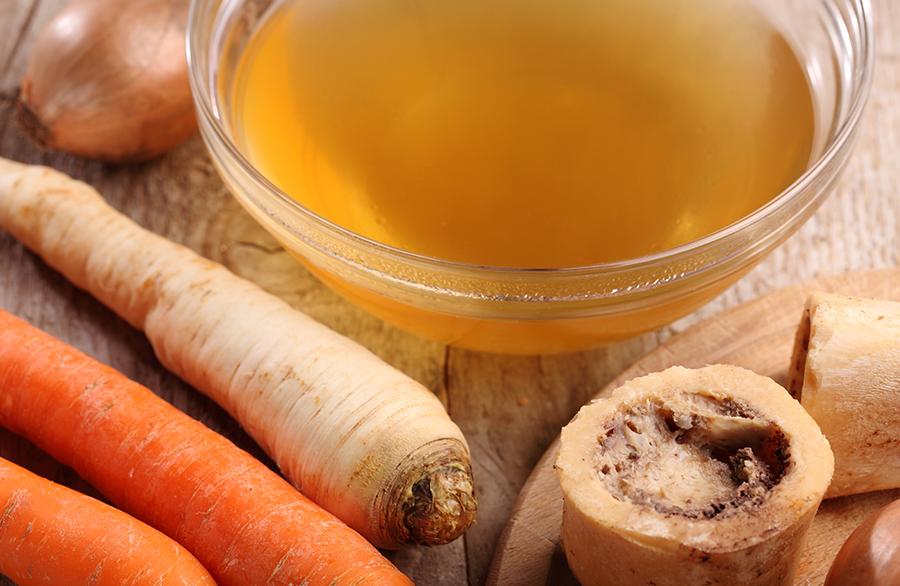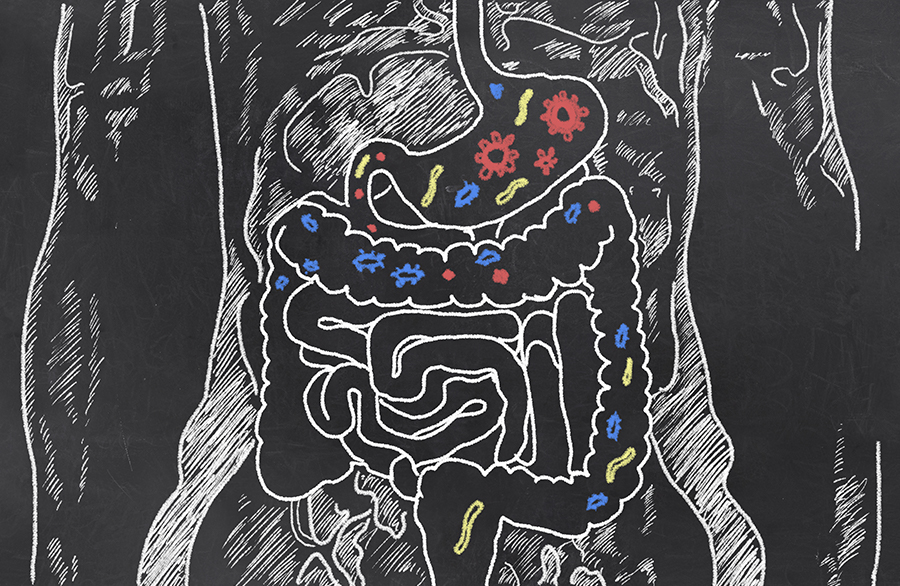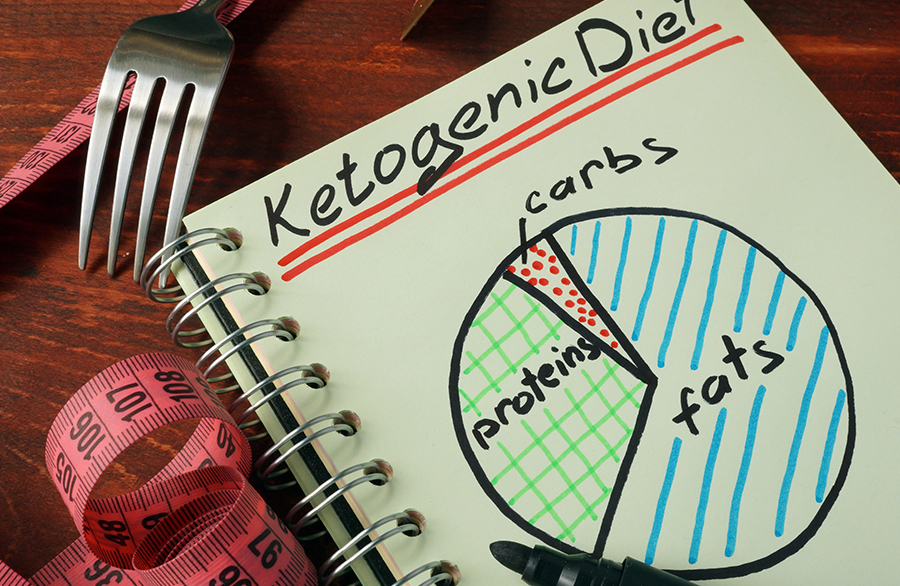Quick Summary Points
- Bone broth is a highly nutritious liquid made out of bones and its surrounding connective tissues that is sourced from a variety of meat sources
- Benefits of consuming bone broth include improved muscle, joint, heart and gut health
- Bone broth can be made at home or you can purchase pre-made powders
- Can be taken at any time during the day
There are constantly new trends and changes happening in the health and supplement industry. Most recently we’ve seen the appearance of bone broth. In traditional cooking, people often use bone broth as a delicious stock. In this article, we will be addressing whether it is just a trend, a nutrition staple and how beneficial it may be in your diet.
What is Bone Broth?
As the name suggests, bone broth is a liquid made primarily out of bones and its surrounding connective tissue. It is commonly sourced from a variety of meat sources like beef, pork or chicken. Bone broth is simple, easy to prepare and offers various positive benefits to the body.
Bone Broth Benefits
Bone broth can be a core component in nourishing your body. Bone broth contains a rich abundance of minerals and amino acids that offers a range of benefits. It is packed with essential minerals like calcium and magnesium which are crucial for your body to function especially with respect to bone and joint health. Researchers found that cooking bones for longer, especially in an acidic solution, resulted in a higher concentration of calcium, suggesting that well-simmered bone broth could be a solution for calcium deficiency when milk and calcium supplements aren’t readily available1 Secondly, bone broth is high in collagen and gelatin which can particularly improve skin health like its elasticity, moisture content and promote skin proliferation. Due to the high collagen content, this is one of the main reasons as to why it is beneficial for bone and joint health.
More importantly, bone broth plays a significant part for muscles, inflammation and physical performance. Bone broth consists of a large amount of glycine which acts to transport oxygen throughout the blood and muscle tissue. Glycine also helps to increase creatine levels which can lead to an increase in anaerobic exercise capacity and stimulate the secretion of human growth hormone (HGH), which may enhance muscle repair. Adenosine triphosphate (ATP) is the chemical form of energy in the body that can be used to perform work. Phosphorus is required for the formation of this compound, and ATP cannot be biologically active unless it’s bound to a magnesium ion. Phosphorus nutrient deficiencies have been shown to reduce muscle performance. Both phosphorus and magnesium are present in bone broth in modest amounts.
Bone Broth for Athletes
For athletes, it is particularly important to ensure that your body is taken care of in order to obtain positive results. Bone broth consists of glutamine – a conditional essential amino acid that is known for protecting the immune system and fighting infection. For athletes who exercise regularly glutamine helps to maintain performance and enhance recovery. It is a crucial amino acid that helps us maintain energy and sends nutrients to cells throughout the body. It improves muscle and tissue integrity and promotes regular healing.
Bone Broth Dosage & When to Take it?
There is not necessarily a recommended dosage for bone broth. In fact, it is an ingredient that is packed with nutritious and essential nutrients for the body. For maximum benefit, it is best to consume bone broth on an empty stomach at the beginning of the day.
Bone Broth Keto
Bone broth is a great dietary drink, especially for those on a keto diet. It can help prevent keto flu and contains all essential electrolytes to replenish the body. When you are on a low carb diet, you are cutting out majority of starchy vegetables that contain main sources of electrolytes and consuming bone broth would help to maintain electrolyte balance. The macronutrients in bone broth also fit well with the recommended daily intake so you wouldn’t be exceeding too many calories. However, thus will vary depending on what type of bones are used as different meat yield more protein than others.
Bone Broth Side Effects & Safety
While bone broth is safe and rich in essential minerals, there is a small percentage of people who may experience negative symptoms like headaches, digestive problems, increased heart rate or muscle pain. So, if you are experiencing any of these symptoms, this broth may not be suitable for you and discontinue use. In general, bone broth is safe to consume for most individuals and acts as a great detoxifying agent that is low in calories.
Bone Broth Supplements
There are many companies supplying bone broth powders that make it easy for consumers to make their bone broth on the go. Some popular bone broth products include Nutra Organics Beef Broth.
All in all, bone broth is considered a versatile healthy dietary choice suitable for all individuals especially for those on a ketogenic diet. Bone broth is packed with readily available nutrients and minerals that are beneficial for bone, joint, heart, gut and skin health. Bone broth is also relatively low in calories but high in essential minerals that many of us require. This is a little gem worth adding to your daily regime.
1Collagen fibrillogenesis in vitro: interaction of types I and V collagen regulates fibril diameter. D.E. Birk, J.M. Fitch, J.P. Babiarz, K.J. Doane, T.F. Linsenmayer. Journal of Cell Science 1990 95: 649-657;
2Hsu DJ, Lee CW, Tsai WC, Chien YC. Essential and toxic metals in animal bone broths. Food Nutr Res. 2017 Jul 18;61(1):1347478.
3Rennard BO, Ertl RF, Gossman GL, Robbins RA, Rennard SI. Chicken soup inhibits neutrophil chemotaxis in vitro. Chest. 2000 Oct;118(4):1150-7.



